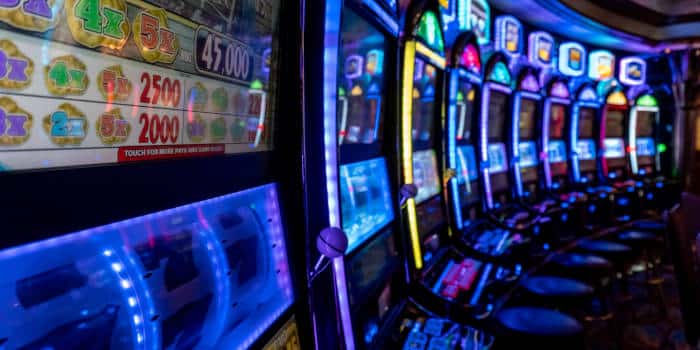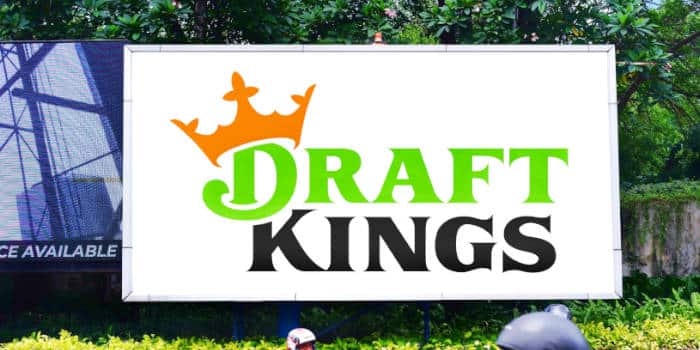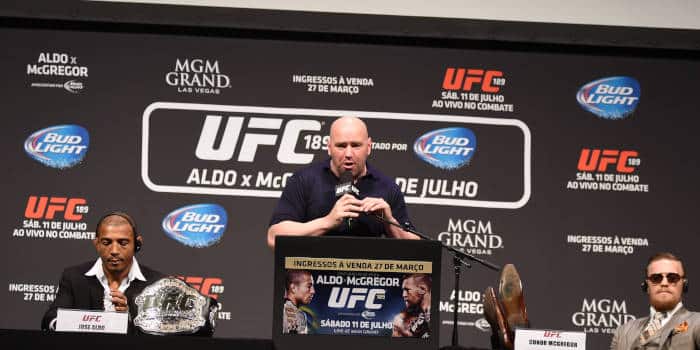- Casino
- By State
- Alabama
- Alaska
- Arizona
- Arkansas
- California
- Colorado
- Connecticut
- Delaware
- Georgia
- Florida
- Hawaii
- Idaho
- Illinois
- Indiana
- Iowa
- Kansas
- Kentucky
- Louisiana
- Maine
- Massachusetts
- Maryland
- Michigan
- Minnesota
- Mississippi
- Missouri
- Montana
- Nebraska
- Nevada
- New Hampshire
- New Jersey
- New Mexico
- New York
- North Carolina
- North Dakota
- Ohio
- Oklahoma
- Oregon
- Pennsylvania
- Rhode Island
- South Carolina
- South Dakota
- Tennessee
- Texas
- Utah
- Vermont
- Virginia
- Washington
- West Virginia
- Wisconsin
- Wyoming
- By State
- Slots
- Poker
- Sports
- Esports
Clark County Utilizes Reserve Fund for Staduim Bond Payment

Officials in Clark County, Nevada, announced they had to tap the reserve fund related to the General Obligation Stadium Improvement Bonds for more than $11.5 million to make the outstanding bonds interest payment of $16 million.
General Obligation Stadium Improvement Bonds Series 2018
To help lure the National Football League (NFL) franchise the Raiders from Oakland to Las Vegas for its inaugural season in 2020, Southern Nevada committed to a $750 million contribution towards the $2 billion stadium project, and to finance the contribution, county officials floated $645.1 million in bonds for the Las Vegas Stadium Authority.
The state legislature had approved a hotel room tax increase to be charged by Southern Nevada’s hotels to collect more money to cover the $750 million contribution for the 65,000-seat stadium, located on the west side of I-15 across Mandalay Bay.
Due to the impact of the coronavirus outbreak on hotel room tax revenues, the amount available as of November 25 was insufficient to cover the interest payment to the Stadium Authority bonds due December 1, forcing officials to use money from the reserve fund.
“Today’s action was expected in light of the decline in tourism to Las Vegas. Fortunately, the financing for the Stadium Authority bonds included the funding of a debt service reserve fund to weather economic declines like the one Las Vegas is currently experiencing due to the pandemic.”
Erik Pappa, Official Spokesman, Clark County
Reserve Fund Comes to the Rescue
The Las Vegas Stadium Authority placed money aside for two years with the purpose to weather any economic downturn in the state that may jeopardize the bond payments, and according to the Las Vegas Stadium Authority consultant Jeremy Aguero, the current situation is precisely what the fund was created for.
The proposal for Clark County to pay $750 million towards the cost of Allegiance Stadium was backed by the idea that tourists would cover the payment for the stadium subsidy, but opponents to the subsidy argued that relying on tourism as a source of income in an economy heavily dependent on it poses a significant risk.
Tourism revenue comprises of discretionary dollars spent by visitors to come to Las Vegas and pay for hotel rooms, and in the event of any economic downturn, it will be the first type of expenditure scratched off the list.
The decision to create a safety net by establishing a reserve fund proved to be a shrewd move, as tourism in Las Vegas was crushed in April and May when hotels were closed. Even after casinos began reopening in June, the initial 50% restriction on their capacity which recently went down to 25%, resulted in a plunge of hotel occupancy rates to about half the levels in 2019.
With 5+ years of experience as an analyst, Julie—affectionately known as 'Jewels' in the office—has quickly become our go-to expert in the forex and cryptocurrency space. Her keen attention to detail and deep understanding of the industry make her an invaluable asset. Julie's expertise and enthusiasm have made her the top choice to co-pilot educational initiatives alongside Mike, bringing knowledge to the masses.
Previous Article

Business
November 29, 2020
Pariplay to Enter Spanish iGaming Market with Partner MGA Games

More Articles






Casino
July 14, 2025
Number of Canadian Travelers to the US Slumps Again

Industry
July 14, 2025
Senate Blocks Attempt to Reverse Gambling Tax Rule

Casino
July 11, 2025
IGT Reveals Multiple Jackpots Throughout June

Sports
July 11, 2025
DraftKings to Give Back Over $3M to Connecticut Users

Casino
July 11, 2025
Caesars Introduces Digital Wallet in Nevada










